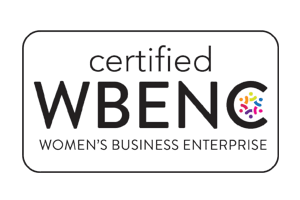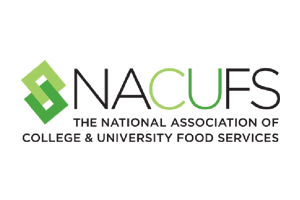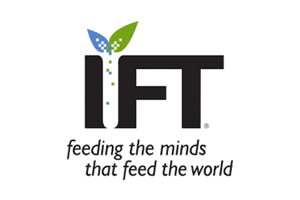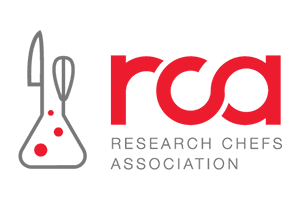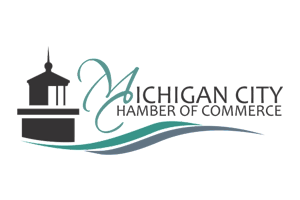About the Owners
Georgeann Palmer Quealy started working at Integrative Flavors® in 1992 and Brian Quealy joined the team five years later. After years spent learning the business and the competitive environment for their products, the Quealys purchased the company from Georgeann’s parents in 2005 and expanded the vision and the competitive focus of the organization. They also restated the mission and manufacturing objectives, choosing to focus on ingredient transparency, clean label and organic Non-GMO soup bases with authentic made from scratch flavor as the basis for new product development.
To achieve this mission and meet objectives, Georgeann leads the company strategy in all areas, specifically targeting quality, compliance and product development initiatives. Brian, a certified public accountant, drives and tracks financial performance and also provides additional leadership in manufacturing process strategy and implementation. Under the Quealys’ leadership, Integrative Flavors has acquired the following certifications: WBENC, SQF, SMETA and QAI Organic.
In 2019, Georgeann Quealy toured several European manufacturing properties to examine how best practices in efficient process could be implemented in the US and specifically at Integrative Flavors®. The Quealys work tirelessly to ensure that the company remains a leader in the clean label food movement, without, however, sacrificing access to classic products that food service operators, distributors and manufacturers have come to rely on.

Our Qualifications
They are passionate about food safety and maintaining the highest third party audit rankings in their manufacturing plant. Our diverse team includes professionals with food science backgrounds, SQF Practitioners, certifications in both seafood and USDA HACCP, certifications in Food Defense and Food Safety, Lean Six Sigma certified, OSHA 30-hour training, and more.
Social Responsibility
Georgeann and Brian Quealy, along with the team at Integrative Flavors®, believe that it is their corporate social responsibility to be active in the community they live and work in. Together, they are active in community organizations and serving on boards and committees in addition to partnering with local soup kitchens and food banks to do their part in the fight against food insecurity and hunger.

